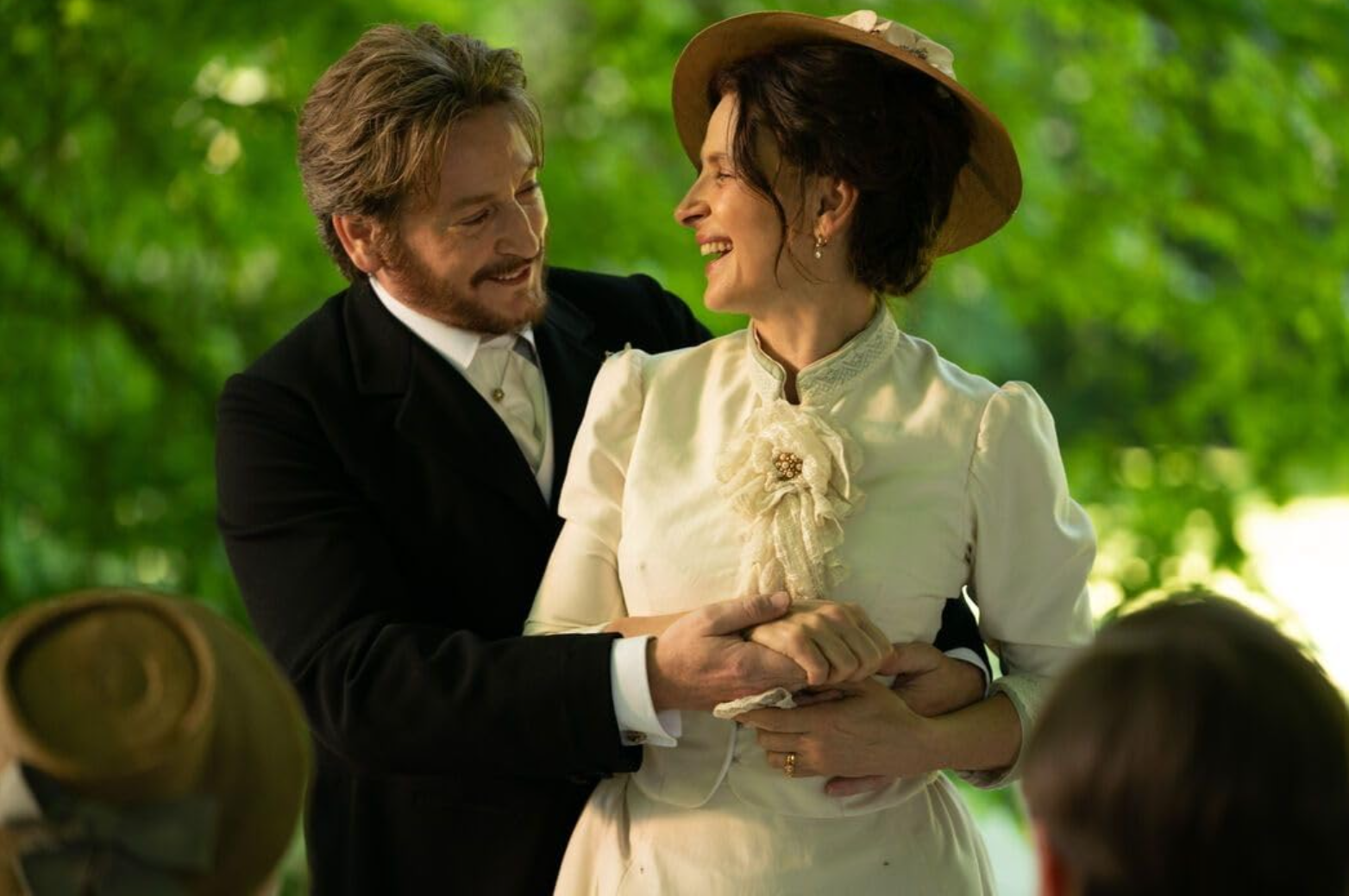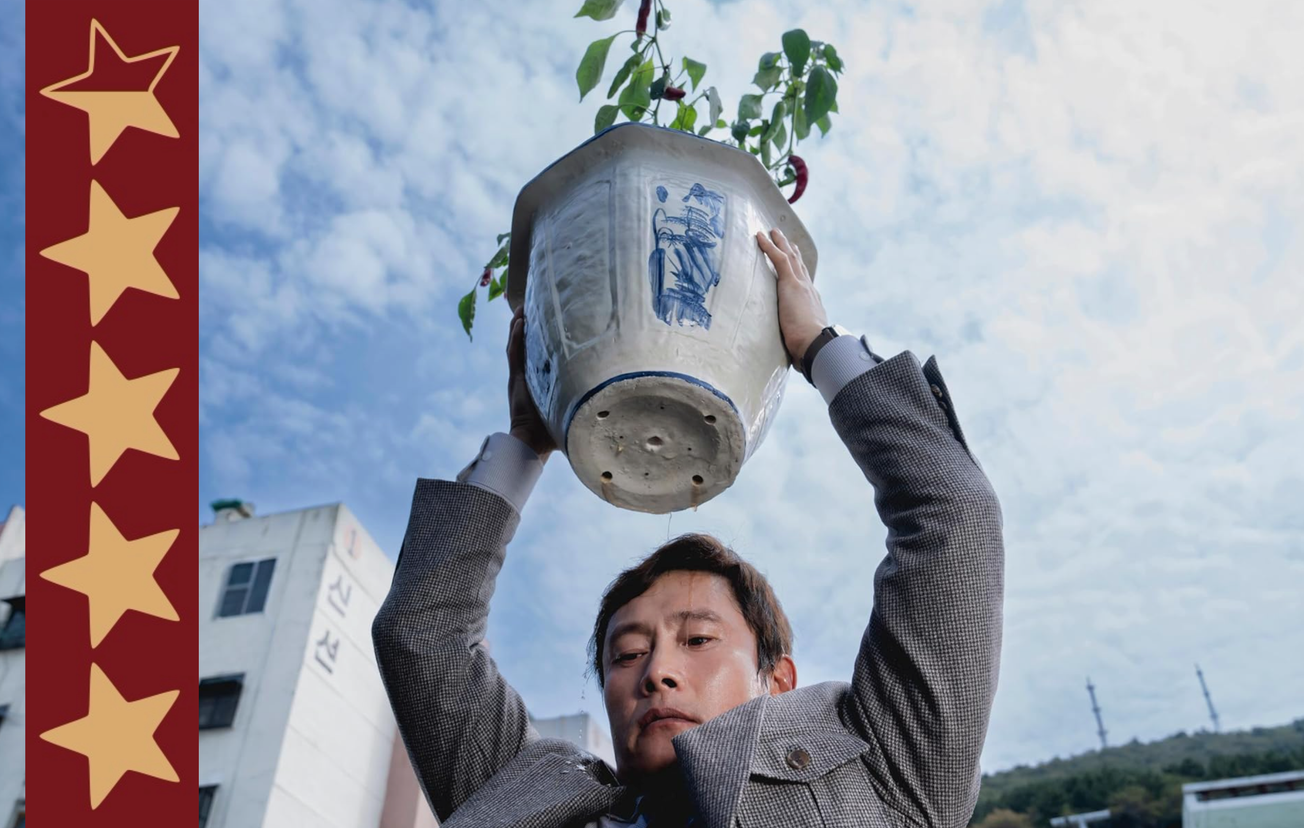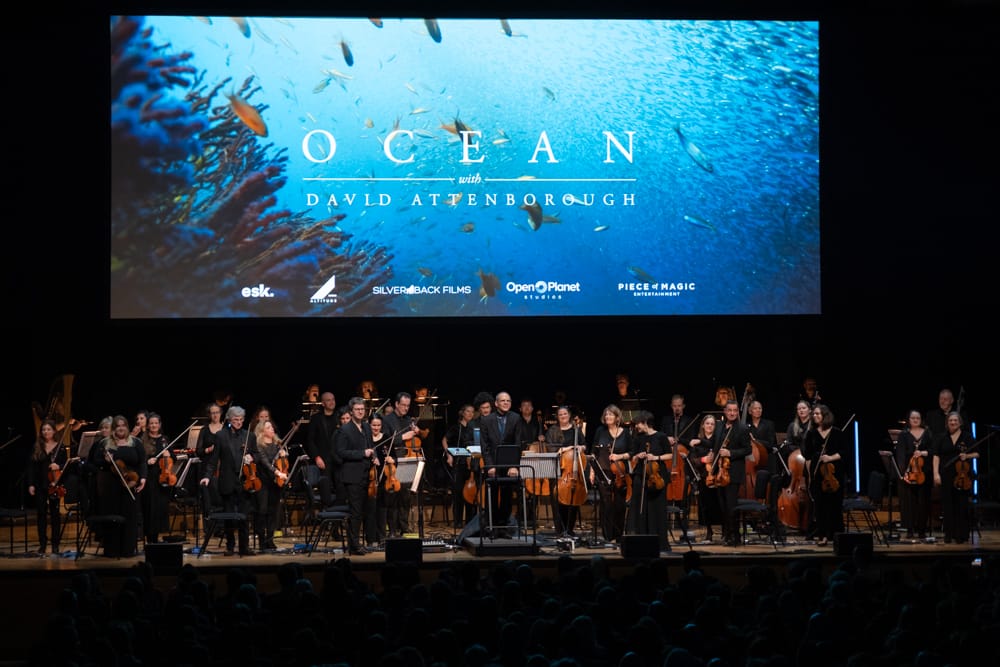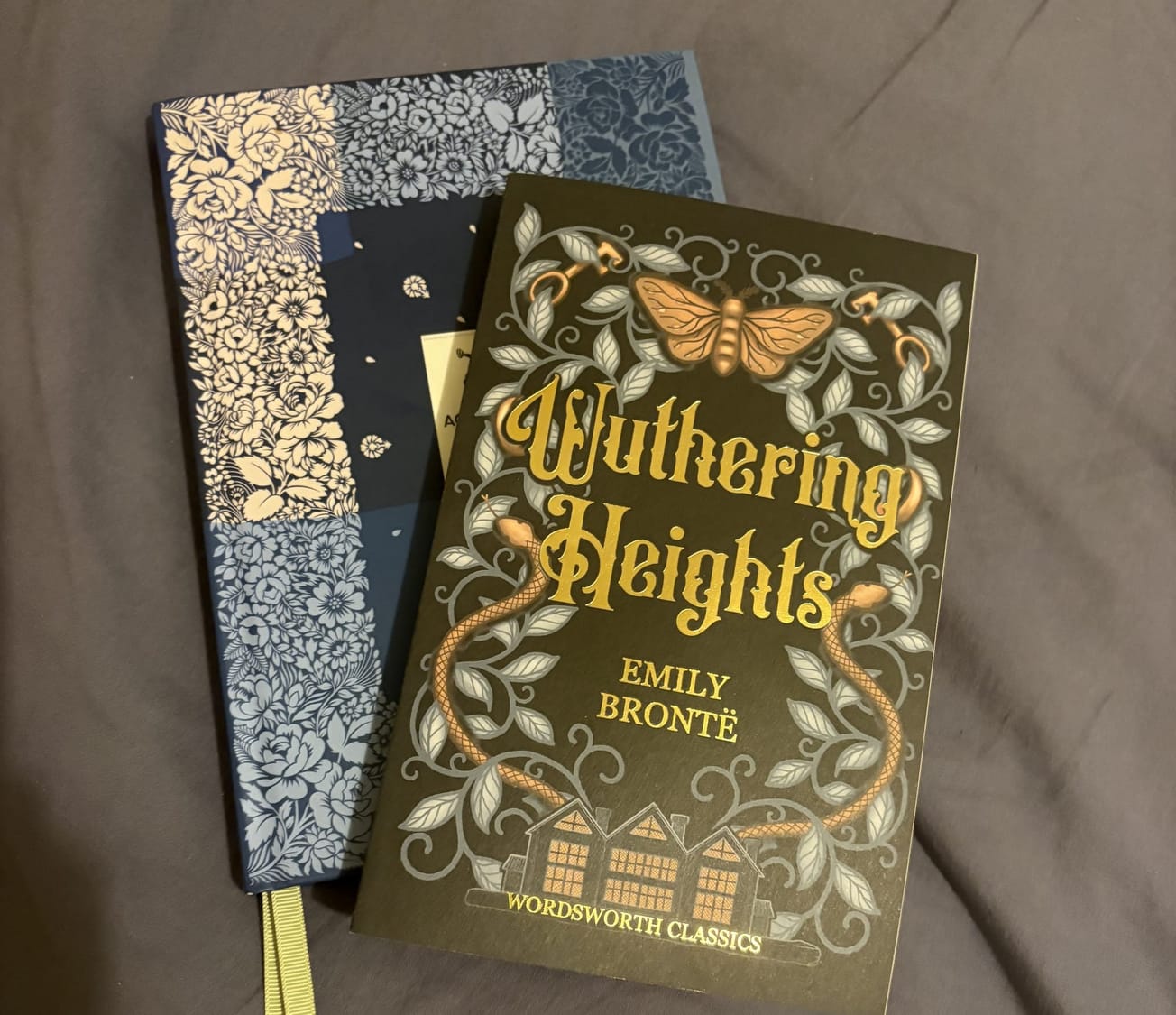Note there are spoilers ahead.
By Elizabeth Abbott, Second Year, English and History
I saw The Taste of Things at the Cube cinema. I’d never been before but had heard excited chatter about this quaint local ‘treasure’ (as one man described it to me). And the glowing depiction of the place couldn’t be more accurate. I transferred my online ticket to an old-fashioned paper slip and nestled into my furry red chair in a full audience of cinema-goes. The lights when down and one man unexpectedly laughed. The lady in front said, ‘you don’t get that at home’, and I couldn’t help but smile as the movie began rolling.
The Taste of Things is a beautiful portrayal of love through food. It follows the romance of Eugine and Dodin, the former as the cook and the latter a food expert. They have worked together for 20 years, and we get a glimpse into this final year of partnership.
Before we become aware of their romantic connection, we are acquainted with that of them at work – though the movie is about how intertwined these two spheres are. There is as much care put in to the preparation of food as one would give to a lover. Even onions are given pride of place in the kitchen, with the camera lingering on their frying; no ingredient is neglected, as you would neglect no part of your lover.
Once the meals are cooked, Eugine and the other girls eat the food downstairs in the kitchen and there is the paralleling of eating occurring upstairs. Dodin presents and discusses the food with four men in a well-dressed dining room. They speak of the history of food and wine, marvelling at the progression of this industry.
Eugine is offered to eat upstairs too, but she prefers to stay in the kitchen. She sees the beauty in eating where she makes her food. I think this quality of romanticising the everyday is something the movie does so well. Eugine prefers to be in the humble kitchen over the grandeur that is merely steps away.

Not only is every meal made into an idyllic story, but there is also charm in the surrounding world. There is focus on the summer sun, with light shining through the windows, and there are fresh flowers blossoming on the side. The kitchen is immaculately clean, and we adore watching the candles burn in the night-time.
Dodin too, is a true romantic at heart. He has been yearning to marry Eugine for years, attempting proposals many a time. One of the most glorious moments in the movie is when he chooses to cook for her before the Prince of Eurasia, asking her if he can watch her eat because he thinks it is ‘beautiful’, she laughs. In the same conversation, he claims an 11th century Chinese poet worked for one year of his life solidly then devoted the next year to his wife and thinks he should have done the same. Eugine wittily replies that he is not Chinese or a poet and…she is not his wife. But Dodin quickly overturns this fact as he presents her with a wedding ring in her sweet, pear desert.
From this moment, we begin to hear conversions more explicitly about their emotions towards each other. But it is so powerful that up until this point of their engagement, we have fallen in love with the characters merely through their preparation and discussions of food. Something seemingly mundane is proven to be the force of connection between the pair.
They take over the natural world, as they fold into each other’s arms. Dodin claims they will be married in Autumn, a time of ‘gold and rain’, that is a ‘transition from the fugal joys of summer to the solid pleasures of winter.’ He, of course, also remarks on the seasonal foods. Eugine says she likes to think of herself more like summer, relishing in the burning sunlight on her skin.
As they subsequently kiss in the woods, we realise this is the first time we have seen them do so in the movie. Up until this point, there is such subtly in their love and perhaps that it was makes it so divine. It is a quiet kind of togetherness that they share; one that is proven through mutual acts of service.

Despite reaching this point of harmony, Eugine’s illness and eventual death separates the couple, and Dodin plunges into a period of not wanting to eat; not wanting to do the thing he associated so profoundly with his lover.
Although this sombre note occurs towards the end of the movie, there is hope. Dodin takes on a young apprentice, Pauline, who we meet earlier in the narrative and was loved by Eugine. He also finds a new chef, despite many failed attempts. But the final scene is a past conversation between Dodin and Eugine where they discuss happiness: something which is ‘continuing to want that which you already have’. To which, Dodin says: ‘but did I ever truly have you?’. This is followed by Eugine’s question ‘Am I your cook or your wife?’ and as Dodin’s confirms ‘my cook’, they smile. This concludes the story of their gorgeous intimacy. They are deeply in love but respect each other’s adoration of food first. It is their shared passion of this art that brings the pair together – they must respect this love first, to keep the other one.
So, as I left the cinema, I felt inspired to recognise more of the beauty in food and that in a quiet kind of love. And… I thought about what the woman next to me remarked as the baked Alaska appeared on screen: ‘that’s what all be having for dinner’. I pondered, maybe I can be a food expert too! To which, I looked in my fridge full of carrots, onions and ham and thought…maybe that’s something for tomorrow’s agenda.
If you’re a foodie, a romantic, or just curiously minded, this movie is for you.
What did you think of The Taste of Things








